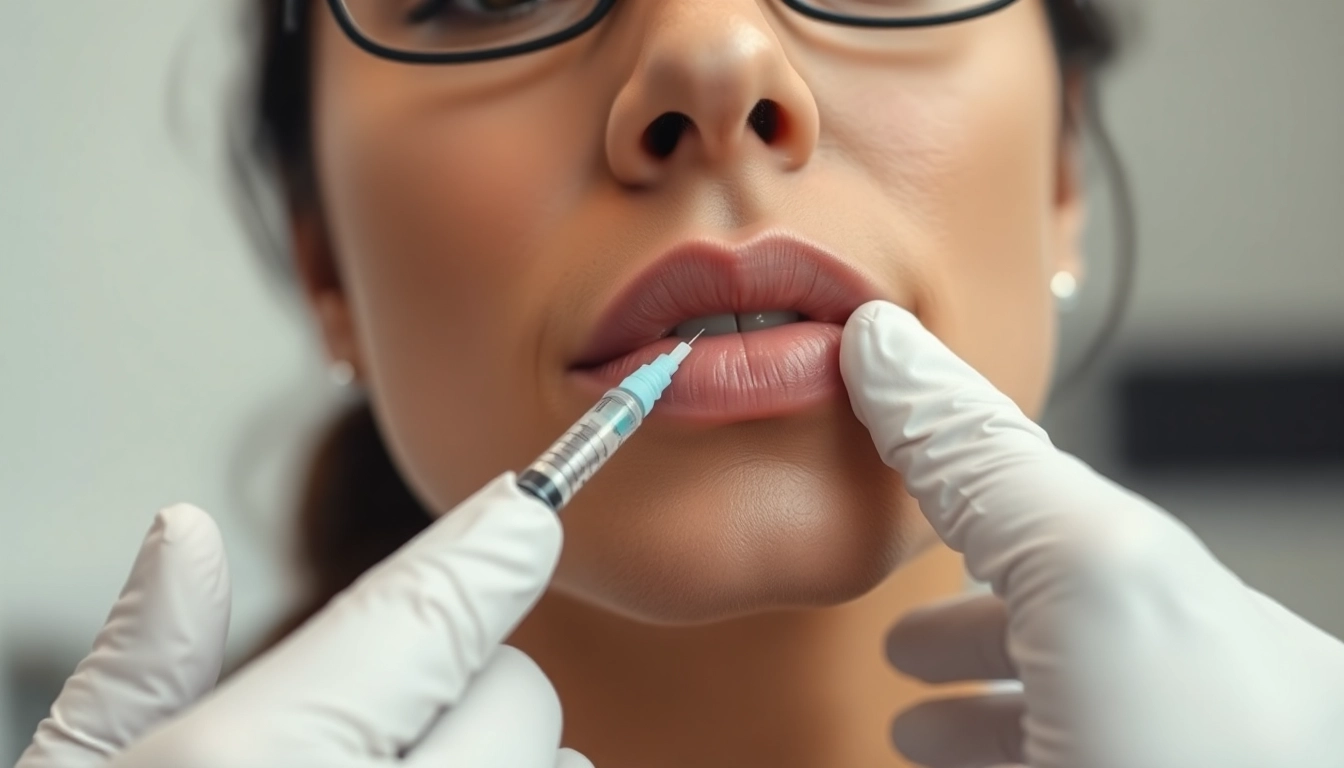Introduction to Rehabilitation Centers and Their Role in Recovery
Defining a Rehabilitation Center and Its Functions
A rehabilitation center is a specialized healthcare facility dedicated to aiding individuals in recovering from various medical, psychological, or behavioral conditions. Its primary function is to offer comprehensive treatment programs tailored to meet the unique needs of each patient, facilitating both physical and mental recovery. In the context of addiction treatment, rehabilitation centers serve as safe havens where individuals battling substance dependence can undergo detoxification, receive counseling, and acquire essential skills to lead sober lives. These centers operate with multidisciplinary teams—comprising physicians, psychologists, social workers, and other specialists—to ensure holistic care that addresses the complex biological, psychological, and social factors involved in dependency.
The core aim of a rehabilitation center is to break the cycle of addiction, restore health, and promote long-term recovery. To achieve this, centers incorporate evidence-based therapies, supportive environments, and continual follow-up, making them indispensable in the continuum of addiction treatment.
Importance of Specialized Facilities for Addiction Treatment
Addiction is a multifaceted disease affecting every aspect of an individual’s life—physically, psychologically, and socially. General healthcare facilities may lack the targeted expertise, resources, and environment necessary to effectively treat complex dependencies. Consequently, specialized facilities like dedicated rehabilitation centers become vital. They possess the necessary infrastructure, trained personnel, and tailored programs designed specifically for addiction recovery.
Such centers facilitate a focused approach, offering detox protocols, psychological interventions, and relapse prevention strategies rooted in addiction science. They also provide a secure environment where patients can detach from triggers and environments that perpetuate their dependence. Moreover, specialized addiction centers foster peer support communities, which significantly enhance motivation and accountability in the recovery process.
Key Differences Between Inpatient and Outpatient Rehab Centers
Understanding the distinction between inpatient and outpatient rehab services is foundational in selecting the appropriate treatment modality.
Inpatient Rehab Centers
Inpatient centers provide residential care, where patients live on-site throughout the duration of their treatment—often ranging from 30 days to several months. These facilities offer intensive, structured programs with round-the-clock medical supervision, therapy sessions, and support. Such environments are ideal for individuals with severe dependencies or those who lack a stable home environment. The immersive nature of inpatient treatment minimizes exposure to external triggers, facilitating a focused pathway to recovery.
Outpatient Rehab Centers
Outpatient facilities allow individuals to attend treatment sessions during the day while returning home in the evenings. This mode is suitable for patients with milder dependencies, strong support systems at home, or those transitioning from inpatient care. While less restrictive, outpatient programs demand high commitment and discipline, with services including counseling, group therapy, and relapse prevention workshops. Outpatient care offers greater flexibility, allowing individuals to maintain family and work responsibilities.
Both options are effective when tailored correctly to the patient’s severity, environment, and personal needs. A thorough assessment by addiction specialists helps determine the most suitable approach.
Comprehensive Services Offered by a Rehabilitation Center in Kyiv
Medical and Psychological Therapies for Addiction
At the heart of any effective rehabilitation center are advanced medical and psychological therapies designed to address the root causes and symptoms of addiction. Medical interventions typically include detoxification procedures under medical supervision to safely eliminate substances from the body, manage withdrawal symptoms, and prevent relapses.
Psychological therapies encompass cognitive-behavioral therapy (CBT), motivational interviewing, dialectical behavior therapy (DBT), and other evidence-based approaches. These modalities aim to alter maladaptive thought patterns, enhance motivation, and develop coping strategies. The integration of medication-assisted treatment (MAT) may also be employed for specific dependencies such as opioid or alcohol dependence, utilizing drugs like methadone, buprenorphine, or acamprosate.
Individual and Group Counseling Approaches
Counseling is a cornerstone of addiction treatment, providing a safe space for patients to explore personal issues, trauma, and behavioral patterns. Individual counseling sessions focus on personalized goal setting, emotional expression, and confronting barriers to sobriety. These one-on-one interactions empower patients to develop tailored strategies for maintaining long-term abstinence.
Group counseling fosters peer support, accountability, and shared learning. Patients benefit from hearing others’ experiences and developing social skills necessary for reintegration into society. Facilitated by trained therapists, group therapy encourages empathy, reduces feelings of isolation, and builds community bonds crucial to sustained recovery.
Holistic Programs Including Wellness, Nutrition, and Physical Activity
Recognizing the importance of treating the whole person, modern rehabilitation centers incorporate holistic approaches. These include wellness programs such as yoga, mindfulness, meditation, and stress management techniques that bolster mental resilience.
Nutrition plays a pivotal role, aiding the body’s healing process and restoring vital nutrients depleted during substance abuse. Customized meal plans, nutritional counseling, and cooking workshops are often part of the program.
Additionally, physical activity—such as regular exercise and outdoor activities—helps to improve mood, reduce cravings, and promote physical health. The integration of these elements fosters a balanced lifestyle, essential for maintaining sobriety beyond formal treatment.
Steps and Phases of Effective Addiction Treatment
Initial Assessment and Personalized Treatment Planning
The journey toward recovery begins with a comprehensive evaluation by addiction specialists. This includes medical examinations, psychological assessments, and social history analyses. The goal is to understand the severity of the dependence, co-occurring conditions, and individual circumstances.
Based on this data, a tailored treatment plan is developed, detailing the necessary therapies, detox protocols, and support systems. Personalization enhances the likelihood of success, addressing specific triggers and barriers each patient faces.
Detoxification and Stabilization Processes
The detox stage involves supervised withdrawal, which is critical for physical stabilization. Due to potential health risks, detoxification should always be conducted in a medical setting equipped to handle complications. Medications may be prescribed to alleviate withdrawal symptoms and reduce cravings.
Following detox, stabilization focuses on ensuring the individual is physically and psychologically ready for ongoing therapy. This phase includes addressing co-occurring mental health issues, which are common in dependency cases.
Long-term Relapse Prevention and Aftercare Strategies
Sustained recovery necessitates ongoing support beyond initial treatment. Aftercare programs include continued counseling, participation in support groups, vocational training, and family therapy. The goal is to equip individuals with skills to manage stress, resist temptation, and rebuild social relationships.
Developing a relapse prevention plan involves identifying potential triggers and ensuring access to community resources. Regular follow-ups and monitoring help maintain accountability and provide early intervention if signs of relapse emerge.
Advantages of Choosing Our Rehabilitation Center in Kyiv
Unique Features: Natural Environment, Comfortable Accommodations
Our rehabilitation center stands out through its serene, green environment nestled in Kyiv’s outskirts, fostering tranquility and mental clarity. The lush surroundings not only provide a calming backdrop but also facilitate outdoor therapy and recreational activities. Comfortable accommodations ensure that patients feel at home, promoting a sense of safety and relaxation—both essential for effective healing.
The center emphasizes holistic comfort, with modern facilities designed to meet the needs of individuals in recovery, encouraging engagement and fostering community among residents.
Qualified Multidisciplinary Team with Extensive Experience
Our team comprises experienced psychologists, psychiatrists, narcologists, social workers, and wellness specialists. Collectively, they possess decades of experience in addiction treatment, enabling personalized, evidence-based interventions. Continuous training ensures that staff stay updated with latest methodologies, such as the Minnesota 12-Step program and innovative therapies.
The team’s collaborative approach provides comprehensive support—addressing medical, emotional, behavioral, and social aspects—maximizing the chances of long-term sobriety.
Proven Methods and Tailored Programs for Lasting Results
We employ validated treatment modalities, including the Minnesota 12-Step methodology, cognitive-behavioral therapy, and medically assisted detox if necessary. Our programs are tailored to individual needs, with flexibility to adapt as the patient progresses.
Continuous evaluation and adjustment of treatment plans ensure that each patient receives optimal care. Evidence from clinical practice underscores these methods’ effectiveness, with high success rates reported among our graduates.
Getting Started: How to Access and Benefit from Our Services
Admission Process and Initial Consultation
Prospective patients or their families can initiate treatment by contacting us directly. The process begins with a confidential consultation, where initial assessments are conducted to determine the severity of dependence and the most appropriate treatment pathway.
Our staff guides families through each step, explaining treatment options, costs, and the expected duration. Admission is streamlined to minimize delays, encouraging early intervention.
Support for Families and Loved Ones
Recognizing the vital role families play in recovery, we offer counseling and educational programs tailored to loved ones. These sessions help families understand addiction, develop supportive communication skills, and participate actively in the rehabilitation process.
Family involvement enhances accountability and creates a supportive environment essential for sustained sobriety.
Follow-up Care and Community Integration
Post-treatment, our center provides continued support through aftercare programs, relapse prevention workshops, and community resource connections. Regular follow-up ensures that patients stay committed and successfully reintegrate into their social and professional lives.
We foster partnerships with local support groups, employment agencies, and healthcare providers to build a sustainable recovery network.



